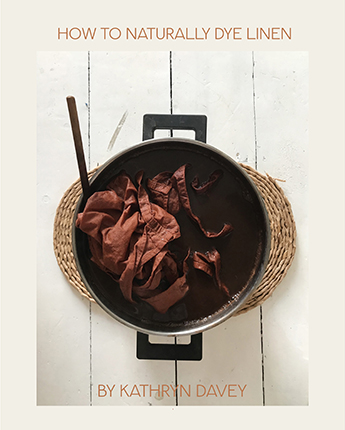Self Doubt, the Nemesis of Progress
Have you ever held back from sharing your sewing or pattern ideas because you were afraid that others might not take them seriously? Do you tend to stick with the same patterns and fabrics because they’re familiar and feel safe, even though you know there’s so much more out there to try? Maybe you’ve avoided pursuing your interests, convinced you’re not qualified enough. These kinds of doubts can keep you from grabbing opportunities.
Do you fear starting over in a new career, or worry that your resume isn’t good enough? Maybe you find yourself always asking others for their opinions because you’re not sure of your own. You might also avoid networking or meeting new people, which could be holding you back from the support, inspiration, and growth you need.
If any of this sounds like you, you’re not alone—I’ve felt the same way (still do!).
These situations show how self-doubt can quietly influence our thoughts and actions, holding us back in different parts of life and keeping us from reaching our full potential.
So what is the deal with self doubt?
Self-doubt is that nagging lack of confidence in our abilities and decisions, keeping us from taking action or improving our situation – both personally and professionally.
It’s no wonder we struggle. Our brains and bodies are wired to detect danger and avoid it, triggering a natural response of avoidance when faced with something new and scary, like speaking up in a meeting or pursuing a new career.
To progress, we need to push against our instincts and embrace uncertainty. Admittedly, it’s easier said than done—I’m a master at avoiding the unknown. Nevertheless, I’ve gathered some valuable tips along the way that I try to apply.
Identify the root causes
Understanding the root cause of your self-doubt is crucial. Does it stem from a lack of confidence, past experiences, or maybe imposter syndrome–the feeling of being a fraud?
Revisit those introductory questions above to gain insight into where your self-doubt might be coming from and why it persists. In the context of sewing and pattern making, this might involve reflecting on previous projects, assessing your level of training, or acknowledging your fear of judgment. Identifying these root causes will help you to address them more effectively.
Reframe your thoughts
Acknowledge your negative thoughts and ask yourself, “What’s the evidence for these beliefs?” This practice can help you challenge and reframe them into something positive.
For instance, instead of thinking, “I’m inexperienced,” try, “I’m progressing at my own pace.” Reflecting on your accomplishments can shift your mindset from self-doubt to constructive growth. By focusing your progress and the expertise you’ve gained, you can replace self-doubt with a more constructive perspective.
Document your achievements
Keep a record of your accomplishments, whether career-related, academic, or personal. It may also be helpful to document your sewing projects, new techniques you have mastered, and even compliments you have received. This practice serves as a powerful reminder of your progress and abilities.
Stop comparing yourself to others
This is a trap many of us fall into, and it’s one of the worst things we can do. Comparing yourself to others often leads to a drop in self-confidence.
Identify who you’re comparing yourself to and work to minimise those triggers. Instead, focus on your own strengths and achievements. Your unique sewing journey and progress are valuable, no matter how unconventional they may seem.
Break down your goals
If some of your goals feel overwhelming, try breaking them down into smaller, more manageable milestones. Each time you check something off your list, you’ll likely experience a boost in confidence, bringing you closer to your objective. This approach can also be applied to sewing-related goals—divide your projects into distinct tasks to foster a sense of accomplishment with each step.
Face those fears
Put yourself out there and give things a try. What’s the worst that could happen? You might be pleasantly surprised!
For instance, if the idea of showcasing your designs publicly feels overwhelming, start by sharing them with a trusted friend or a small online community. Taking small, incremental steps can gradually build your confidence and make the process less daunting. Each successful step will reinforce your courage and bring you closer to achieving your goals. Remember, the worst-case scenario is often not as bad as you imagine, and the potential for growth and discovery is worth the risk.
Self-doubt can really mess with our progress, both personally and professionally. It stifles creativity, slows down skill development, and makes us worry too much about what others might think. When you’re constantly second-guessing yourself, it’s easy to stick to those safe, familiar projects instead of trying out new techniques, materials, or designs. But playing it safe can really hold us back.






































Leave a comment